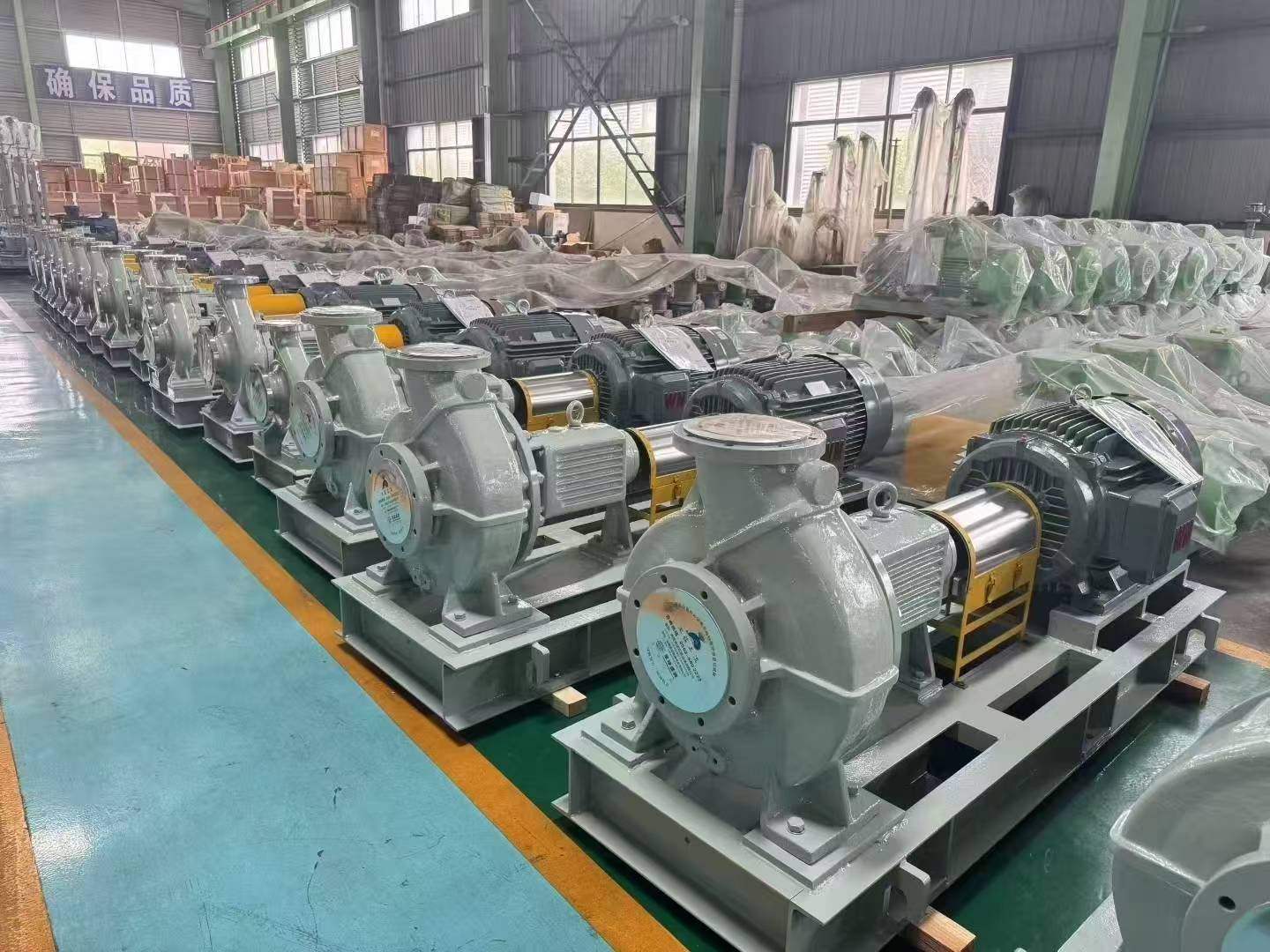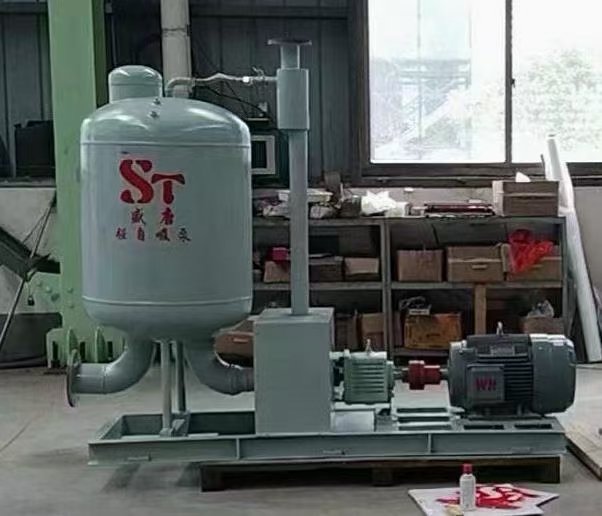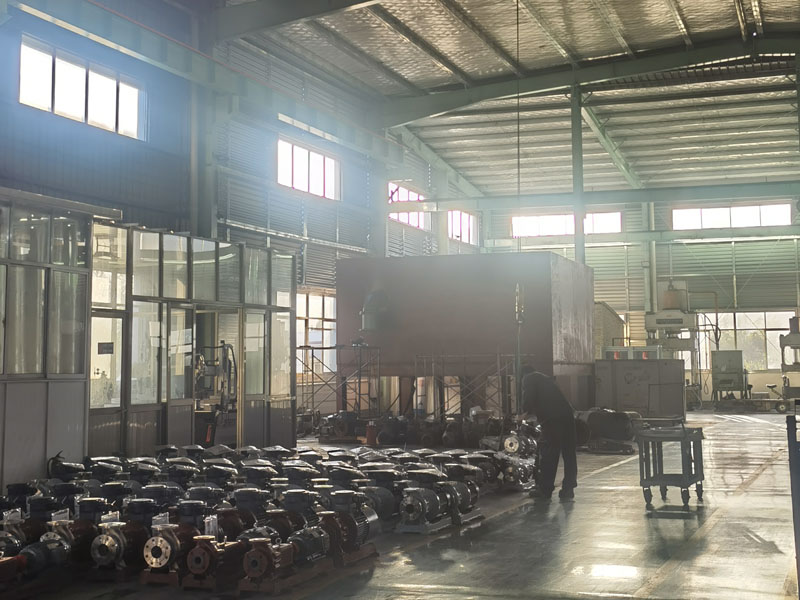Differences Between IMC Pumps and CQ/CQB Pumps
Okay, so IMC, CQ, and CQB are all names for magnetic drive pumps based on a couple of Chinese standards. Anhui Shengshi Datang Pump Industry is about to break down the main differences between IMC and CQB pumps.

1. IMC Pumps Are usually More bang-up
Generally, IMC pumps are as capable as, or better than, mechanical seal pumps. But watch out! Some companies will try to pass off CQ pumps as IMC pumps to get into the oil and gas industry because those companies usually don't want CQ pumps.
2. IMC Pumps Have a Better Design
IMC pumps use a special push-pull magnetic thingy that makes sure:
- The magnetic stuff is even.
- It's packed in tight.
- It uses both pull and push forces.
This means the pump won't fall apart while it's running and will stay balanced. The result?
- It's not too big.
- It can move stuff well.
- It wastes less power.
- It's strong and works well.

3. IMC Pumps Last Longer
The way the IMC pump is designed, and how it balances force, means less wear and tear on the important bits inside. This equals:
- Less rubbing.
- Fewer breakdowns.
- You don't have to mess with it as much.
CQ pumps balance force in an old-fashioned way (like mechanical seal pumps). This doesn't stop parts from rubbing, so you get:
- More breakdowns.
- More maintenance.
- Less reliable.

4. IMC Pumps Have a Smart Water Design
The IMC pump has:
- A good water-moving design.
- Precisely made impeller and casing for accurate motion
This cuts down on wasted energy by reducing:
- Water flow Resistance
- Leaks
- Rubbing
- Power loss in the magnetic parts
- Friction inside the rotor
- Losses from cooling
All this attention to detail ensures the IMC series is as effective as it can be.
In short, IMC magnetic pumps beat CQ/CQB pumps when it comes to strength, how long they last, and how well they move fluids. That makes them a top pick for tough jobs in places like the oil and gas biz which transfer fluids.